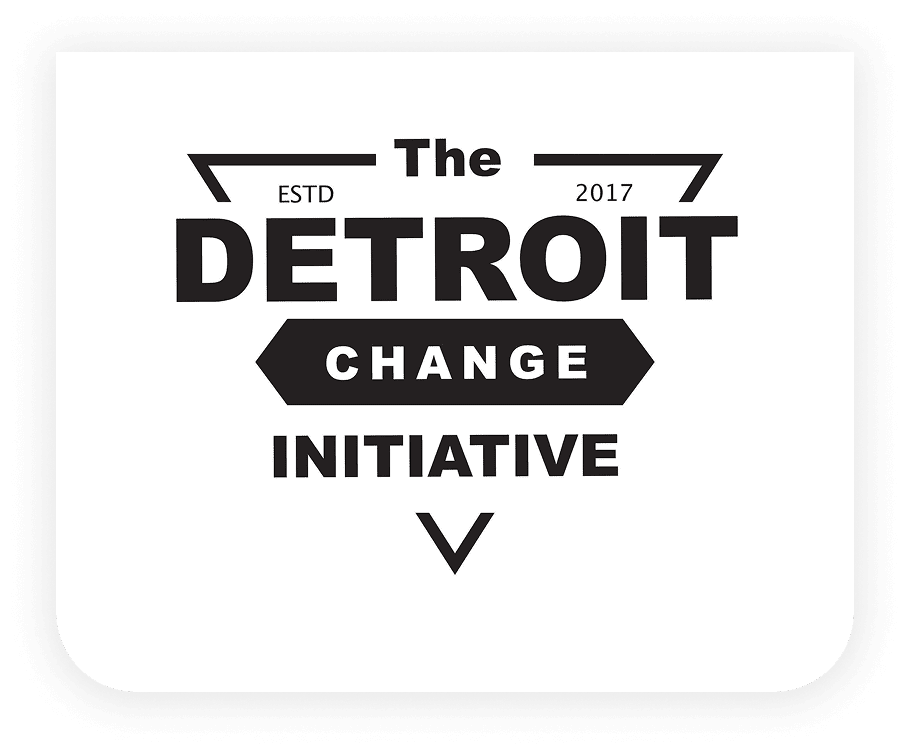
REDISTRICTING – AND HOW NONPROFITS HELPED TO PRESERVE DEMOCRACY
Norman Clement has set high bars for himself, and his neighbors come 2024.
Clement founded the Detroit Change Initiative, a nonprofit dedicated to increasing opportunities for Detroiters by improving civic engagement. With the November 2022 midterms barely behind him, Clement is already locked in on 2024. His aim? To increase voter turnout in Detroit to a staggering 85 percent of registered voters.
For context, the most recent presidential election in 2020 had slightly more than 50 percent of registered Detroit voters cast their ballots. These most recent midterms, in November 2022, garnered a voter turnout rate of 33.75 percent — through midterm elections historically don’t generate nearly as much interest as do presidential elections.
It’s a big swing he’s taking, though you wouldn’t know it from talking to him. Clement’s pragmatic approach to community organizing makes it seem like an 85 percent turnout rate might even be possible. He’s analyzing which voting precincts had the most minor participation and turning his organization’s focus there to knock on doors, text when they can, and get more and more Detroiters registered and voting.
Detroit Change Initiative will partner with other nonprofits to get out the vote. Clement is a big believer in the nonprofits’ role in democracy, saying that nonprofits “saved America” in this most recent election. Nonprofits like DCI are on the ground and in the neighborhoods and never not working.
“Nonprofits? We don’t take time off. There’s always work to do every year; you have to be there every single year whether there’s an election or not,” he says.
Harnessing the Power of Nonprofits
These most recent midterm elections emboldened Clement’s belief in the power of nonprofits. His organization took part in a new initiative from the Michigan Nonprofit Association, which serves on behalf of and advocates for nonprofits throughout the state. MNA organized a coalition of 38 Michigan nonprofits to help guide their respective communities through the new citizen-led redistricting efforts that went into effect ahead of the 2022 elections.
These most recent midterm elections were a first for Michigan. Voters selected their representatives not based on districts drawn by the politicians themselves but instead drawn by the Michigan Independent Citizens Redistricting Commission (MICRC). The citizen-led commission was put in place – due to Michigan voters passing Proposal 2 in 2018 – to help end gerrymandering and make the redistricting process more transparent.
The 13-member bipartisan commission had to consider seven factors when deciding on the final maps: the Voting Rights Act; contiguity; communities of interest; partisan fairness; incumbency; political boundaries; and compactness.
It was the “communities of interest” factor that MNA and its coalition focused on, a somewhat vaguely defined component of the new law that encouraged residents to submit their own political districts for consideration by the MICRC – districts that residents thought best represented their own communities. Who better to define a community of interest, after all, than the communities themselves.
The MNA provided their coalition members with the training and resources to draw and submit political districts that they felt best represented them and their communities.
“MNA does this work because we want to ensure that populations that have been historically underrepresented can understand processes like these, and how they affect their communities and what’s at stake,” says Joan Gustafson, external affairs officer for MNA. “When the voters passed the proposal, we mobilized the nonprofits representing these communities of interest and helped them understand this new process and how they could engage with the commission.”
